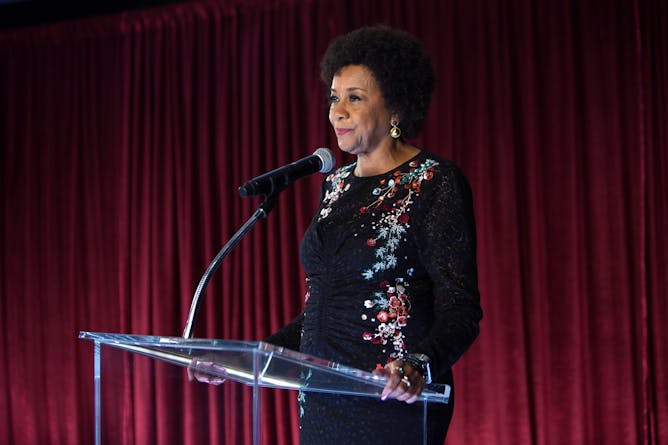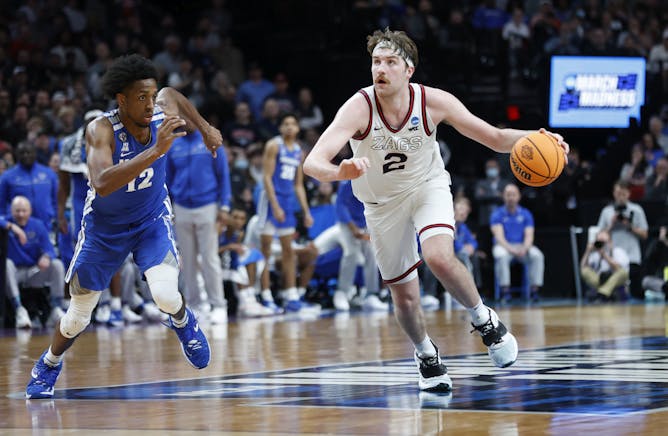|
Maybe, just maybe, Hollywood really is trying to fix its diversity problems, which have been in the spotlight since a social activist launched the #OscarsSoWhite campaign in 2016.
If the tone of public pronouncements from the National Academy of Motion Picture Arts and Sciences leadership is any indication, at least it has made the first step – admitting there is a problem.
As pop culture scholar Frederick Gooding Jr. points out in an article The Conversation published this week, Cheryl Boone Isaacs, then president of the academy, dismissed questions about #OscarsSoWhite. She denied that there was a diversity problem.
The academy is now working with a different, more urgent script.
But two years after it unveiled new inclusion standards in 2020 that “encourage” equitable representation on and off screen, this year’s ceremony will still be lacking in actors of color, Gooding observes. Of the 20 people nominated in acting categories, only four are people of color.
This week we also liked articles about what the war in Ukraine is doing to Egyptian wheat prices, the history of Black women who have served as judges and how geothermal energy plants in California could unlock vast quantities of lithium.
|

Academy President Cheryl Boone Isaacs attends the Celebration of Black Cinema on Dec. 2, 2019, in Los Angeles.
Randy Shropshire/Getty Images for the Celebration of Black Cinema
Frederick Gooding, Jr., Texas Christian University
Despite efforts to diversify the film industry, the Oscars awards ceremony demonstrates how far Hollywood has come – and how far it still has to go.
|

A man carries a tray of freshly baked bread outside a bread factory on Dec. 15, 2016, in Cairo.
Chris McGrath/Getty Images
Jessica Barnes, University of South Carolina
Viewed from Cairo, the war in Ukraine poses an existential threat to something Egyptians can’t do without: abundant, cheap bread.
|

Gonzaga forward Drew Timme’s mustache – and his basketball skills – helped him earn an endorsement from Dollar Shave Club.
AP Photo/Craig Mitchelldyer
Sam C. Ehrlich, Boise State University; Neal Ternes, Arkansas State University
States and universities have passed many rules governing what types of name, image and likeness deals athletes can sign. Most are innocuous, but three may violate their First Amendment rights.
|
|
|
-
David L. Pike, American University
The end is often envisioned the same way: abruptly, hopelessly and completely. How does this constrain the range of possible solutions?
-
Bryant Jones, Boise State University; Michael McKibben, University of California, Riverside
Lithium is essential for batteries that power electric vehicles and store energy from solar and wind farms. A new U.S. source could provide 10 times more lithium than the country uses today.
-
Sharon D. Wright Austin, University of Florida
A handful of Black women have worn the black robes of a judge in the past, but none has ever been nominated to the U.S. Supreme Court. Until now.
|
|